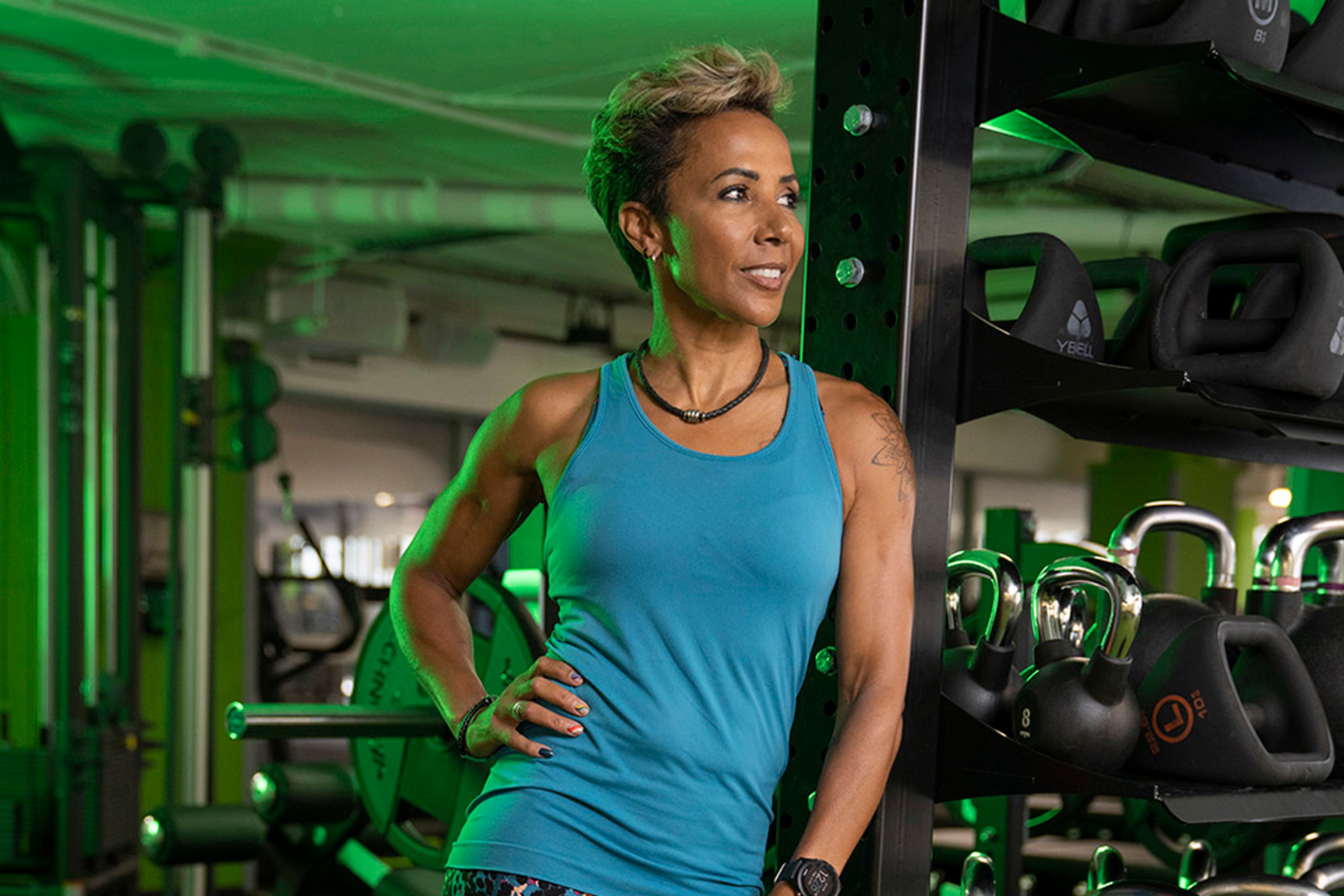Dame Kelly Holmes: Perimenopause is killing me at the moment
The former professional athlete has spoken about the symptoms she is struggling with and the importance of rest.

Dame Kelly Holmes has revealed that symptoms of the perimenopause are “killing” her.
The double Olympic champion said she is experiencing “constant pain” and night sweats but that she is “in denial of age”.
The 52-year-old told the PA news agency: “I think perimenopause is killing me at the moment. As much as I’m in denial, it definitely has had an effect on my body.”
She described her symptoms as “body aches, pains, like constant pain throughout the body, feeling lethargic”.
“Last week, I started getting the sweats, which I’m not happy about, only at night. I’m thinking ‘This isn’t good’. And it makes you more irritable. You feel like you’re not yourself,” she added.
The Nuffield Health ambassador – who retired from professional athletics in 2005 after doing the historic double by taking Olympic gold in both the 800m and 1500m in Athens – was talking as the health charity published a major survey.
According to Nuffield Health’s Healthier Nation Index, 60% of people report that the cost-of-living crisis has had a negative impact on their physical health, while 59% say it has affected their mental health in the past year.
The poll of 8,000 UK adults found that two in five (40%) also reported worsened sleep – on average, those surveyed said they only get five hours and 54 minutes of sleep a night (down from just over six hours last year).
Dame Kelly, who backs the charity’s Find 5 campaign, encouraging people to take just an extra five minutes a day for their health, said the perimenopause is particularly tough “as someone who is in tune with their body”.
“I think I’m in denial of age completely.”
Perimenopause is the transitional period before menopause, when women’s hormone levels start to change, but before their periods have stopped for a full 12 months – therefore reaching menopause. The NHS says perimenopause usually starts between 45 and 55..
During the perimenopause, hormone levels change and ovaries start to produce fewer eggs. Symptoms can include hot flushes and night sweats, headaches, dizziness, aches and pains, joint and muscle pain, and difficulty sleeping.
“Doing some exercise is really important for people with perimenopause,” said Dame Kelly. “You do as much as you can to combat it, so I go in the gym.”
She does three to four weights sessions a week and some running – although with a recent history of back problems she is careful not to overdo it.
“But sometimes I feel so knackered, it’s easy just to not do it. I give myself more rest these days than I’ve ever given, because I think that’s really important.
“I take magnesium because I’m now sweating so I don’t want to get cramps. I’m thinking about upping my proteins,” she added.
Mental health is less often discussed when it comes to perimenopause and menopause.
But Dame Kelly, who has been open about her own past mental health struggles, said: “The one thing with the hormonal changes – and men get it as well at certain ages – hormonal changes in the body can really affect your mental health.
“And I think women have to understand how so connected and interconnected your mental and physical health (are), because if one is not in tune, the other one will be affected, whatever way around that is.
“When you feel your body’s a mess, that’s going to affect your head. But if you go into the gym or you go and do some exercises, at least you are doing it knowing that you’re benefiting yourself by doing it – even if those changes are still happening.”
Bookmark popover
Removed from bookmarks